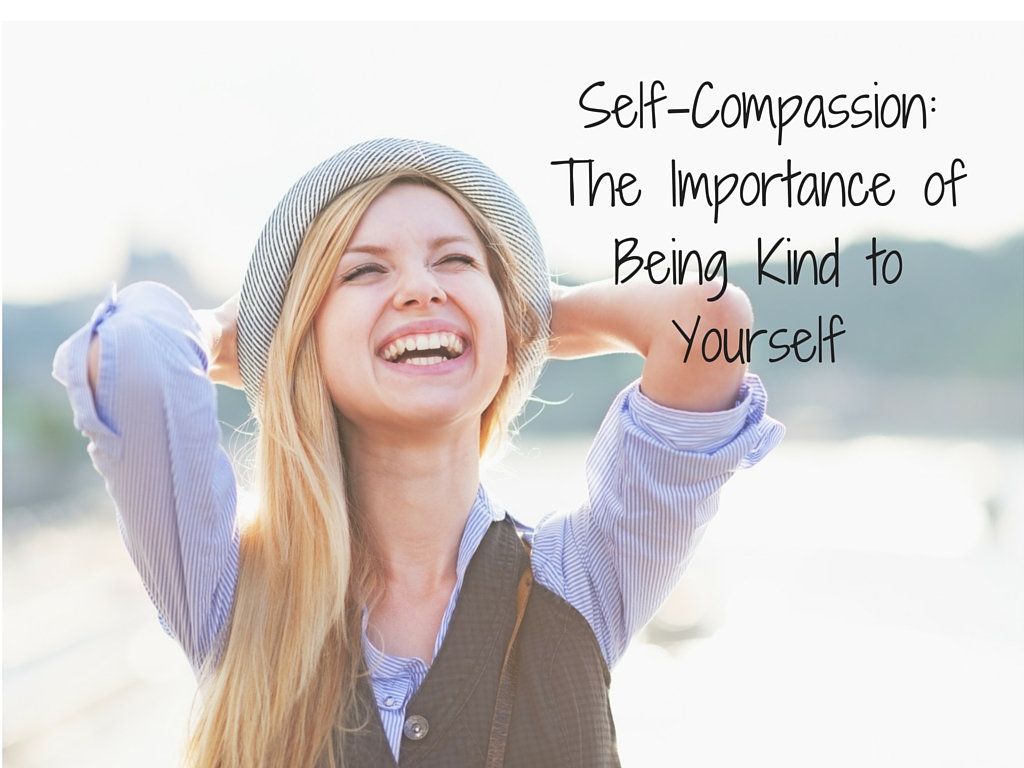Self-Compassion: The Importance of Being Kind to Yourself
No one ever argues the value of a supportive best friend, particularly during those rough patches when we stumble and fall throughout life’s journey. Best friends are there during those less proud moments, to validate our feelings, remind us that we’re not alone in our suffering, and normalize the fact that mistakes happen to everyone. Hearing these comforting words can help us heal and grow from our mistakes, instead of wallowing in unhelpful guilt and shame, or negatively comparing ourselves to others.
So what happens when we don’t have our best friend around when we stumble? What happens if the mistake is made during the workday, or within the context of a romantic relationship? What if we’re feeling guilty about a parenting blunder, or feeling embarrassed about something awkward we said or did at a social event? In these moments, we may have to be our own best friend. We may have to look inside ourselves to find the compassion, forgiveness, humor, and acceptance that we get from those who love us. This ability to be kind to oneself in difficult moments is the valuable skill of self-compassion.
Self-compassion is currently a hot trend in positive psychology research, and the outcomes are exciting. Researchers, such as Kristin Neff, PhD, are showing that increased self-compassion can contribute to increased feelings of wellbeing, and decreased anxiety and depression. Plus, self-compassion is simple to understand and relatively easy to adopt into one’s daily life! Here is what you need to know to get started….
There are three steps to accessing self-compassion in any given moment of pain. If followed, these steps can ease the pain and suffering of a difficult moment.
Step 1: Recognize that you are hurting and name that emotion. Just like a friend would need to recognize your pain in order to validate it, you’ll need to recognize your own pain without judgment. Plus, naming your emotion increases awareness to your experience and allows you to slow down the urge to impulsively react to an uncomfortable feeling.
Step 2: Remember that other people hurt too. When we mess up, we tend to label ourselves as failures and feel alone in our suffering. Remembering that we are not suffering alone, and that our fellow humans have made similar mistakes and have felt similar feelings contributes to a sense of belonging, and acceptance. We can go easier on ourselves, when we normalize our shortcomings.
Step 3: Finally, remember to BE KIND TO YOURSELF. This is where we demand that we treat ourselves with the same compassion that we would a friend going through a hard time. Maybe we tell ourselves “It’s okay to make mistakes” or “No one is perfect.” Maybe we check our cognitive self-talk to remove harsh judgments or make sure the tone that we’re speaking to ourselves is soothing and gentle. Maybe we find humor in our blunder. Maybe we count our blessings, or remind ourselves of our good qualities. Maybe we remind ourselves of our plentiful successes, despite this one small setback. If used together, these three steps can alleviate suffering and invite more wellness and grace into our lives.
Click here for more information on Anxiety Treatment.
“You can search throughout the entire universe for someone who is more deserving of your love and affection than you are yourself, and that person is not to be found anywhere. You yourself, as much as anybody in the entire universe deserve your love and affection.”– Buddha





